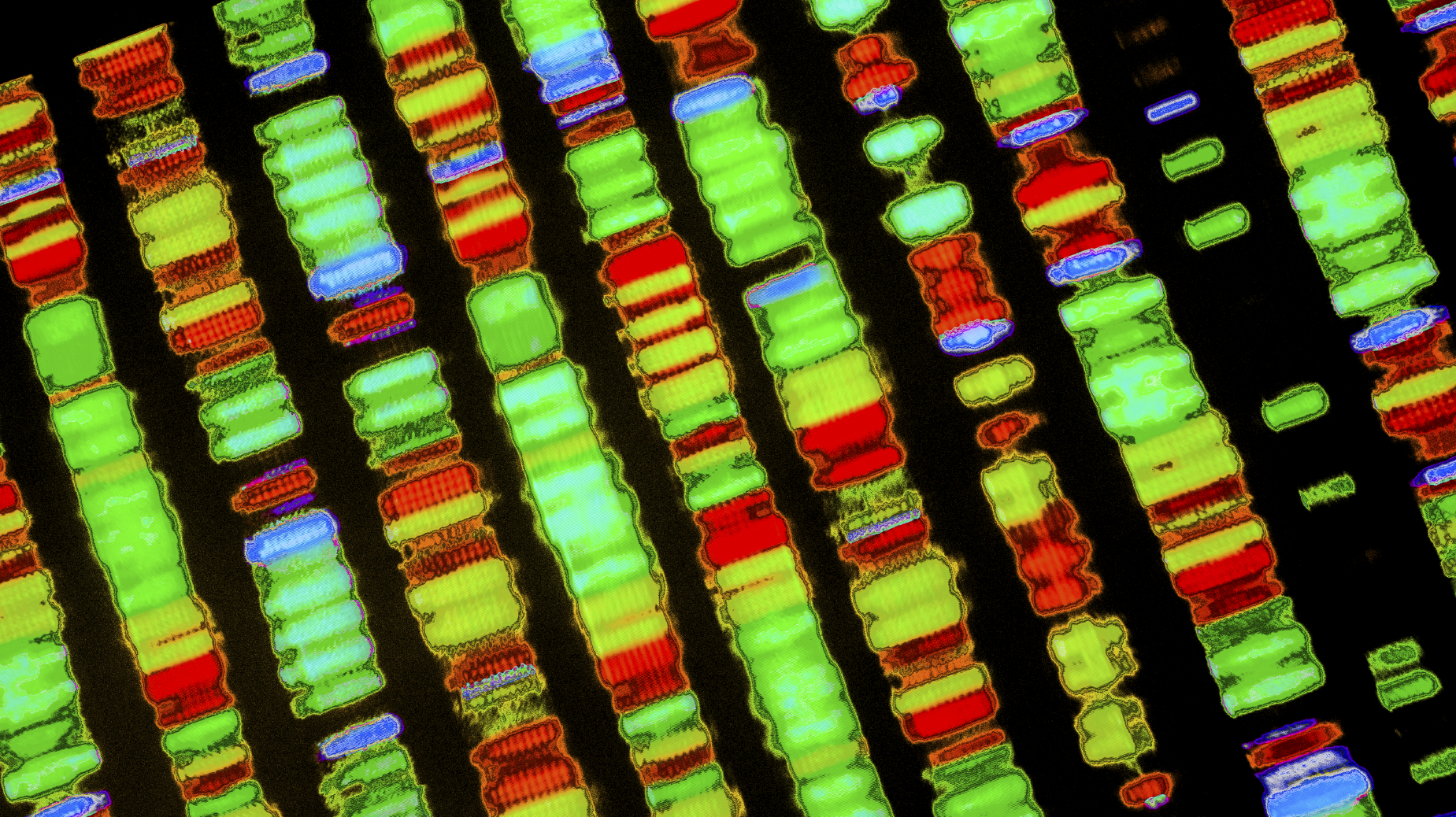UK startup Ervaxx targets ‘dark matter’ of human genome

After two years in stealth mode, London-based biotech Ervaxx has officially launched with $17.5 million in first-round financing for therapies that target 'dark antigens' in the human genome.
The new company is focusing on the development if vaccines and cell therapies that target the 98% of the genome that does not encode known proteins. That includes sequences that are only found in cancer cells and so could potentially be used as antigen targets for immunotherapies.
Ervaxx technology platform – called EDAPT – uses technology developed at the Francis Crick Institute in London to seek out those dark antigens, specifically endogenous retrovirus (ERV) sequences are relics of ancient viral infections that have become integrated into the genome.
ERVs are particularly abundant in the ‘dark matter’ of DNA, says Ervaxx, and overall and make up around 8% of the human genome.
The dark antigens are likely to be more immunogenic than antigens from the protein-coding regions of DNA because they will be seen as more ‘foreign’ by the immune system, it suggests.
They are also more likely to be found across many patients with a particular tumour, sidestepping the need for personalised therapies and allowing the company to develop ‘off-the-shelf’ immunotherapies, says Ervaxx.
The series A financing came from venture capital firm SV Health Investors and an unnamed big pharma company that has already inked an R&D alliance with the biotech.
Ervaxx has just given a public presentation on its technology platform at the ongoing Society for Immunotherapy of Cancer (SITC) congress in National Harbor, Maryland, discussing how it is being deployed to find antigens in melanoma.
The abstract says that the company’s scientists have found around 100 sequences specific to melanoma that code for more than 2,000 potential antigens, including some that are shared between patients.
The antigens “show promise as candidates for development of off-the-shelf cancer vaccine-based immunotherapies.”
Overall, Ervaxx says its scientists have identified thousands of ERV sequences that are expressed in more than 30 tumour types.
Another company working on human ERVs is Switzerland’s GeNeuro, which is developing drugs that target viral genes linked to autoimmune diseases, including multiple sclerosis and type 1 diabetes.
GeNeuro’s lead candidate – temelimab – targets an ERV coding for an envelope protein thought to be a possible cause of MS, and has completed a phase 2b trial that the company says indicates it may have neuroprotective effects.












